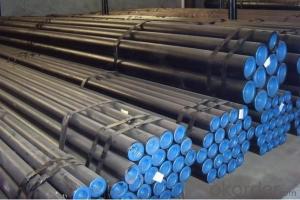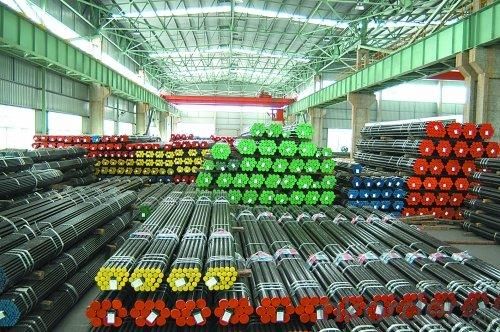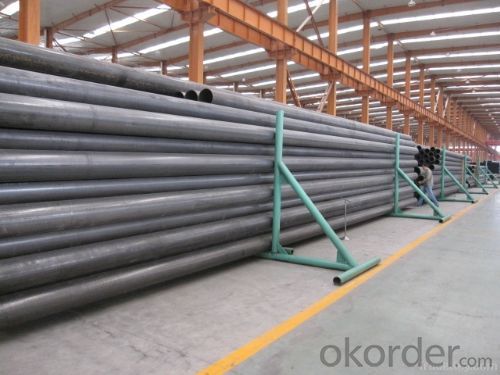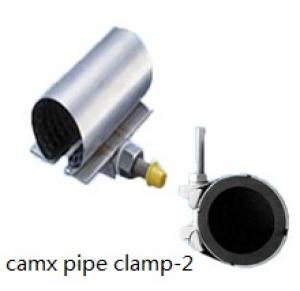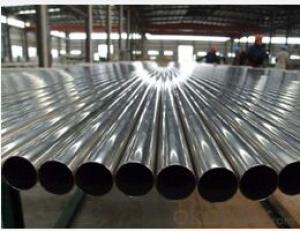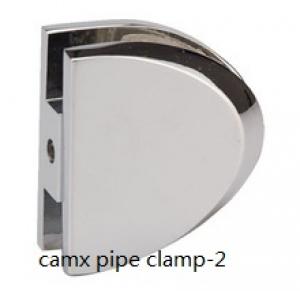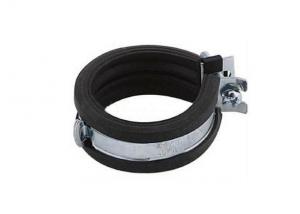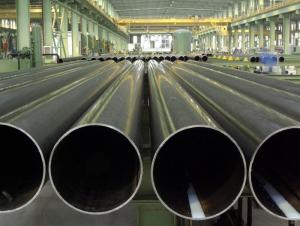Welded Steel Water Pipe Water Steel Pipe
- Loading Port:
- Tianjin
- Payment Terms:
- TT OR LC
- Min Order Qty:
- 25 m.t.
- Supply Capability:
- 6700 m.t./month
OKorder Service Pledge
OKorder Financial Service
You Might Also Like
1、Structure of Water Steel Pipe API SPEC 5CT:
water steel pipe is to be used for conveying gas, water, and petroleum foroil and natural gas industries. And used for structural steel pies purpose. As the manufacturing process does not include any welding, seamless pipes are perceived to be stronger and more reliable. Historically seamless pipe was regarded as withstanding pressure better than other types, and was often more easily available than welded pipe.
2、Main Features of Water Steel Pipe API SPEC 5CT:
• High manufacturing accuracy
• High strength
• Small inertia resistance
• Strong heat dissipation ability
• Good visual effect
• Reasonable price
3、Water Steel Pipe API SPEC 5CT: Specification:
Standard | GB, DIN, ASTM ASTM A106-2006, ASTM A53-2007 |
Grade | 10#-45#, 16Mn 10#, 20#, 45#, 16Mn |
Thickness | 8 - 33 mm |
Section Shape | Round |
Outer Diameter | 133 - 219 mm |
Place of Origin | Shandong, China (Mainland) |
Secondary Or Not | Non-secondary |
Application | Hydraulic Pipe |
Technique | Cold Drawn |
Certification | API |
Surface Treatment | factory state or painted black |
Special Pipe | API Pipe |
Alloy Or Not | Non-alloy |
Length | 5-12M |
Outer Diameter | 21.3-610mm |
Grade | 20#, 45#, Q345, API J55, API K55, API L80, API N80, API P110, A53B |
Standard | ASME, ASTM |
1) Material:20#(ASTM A 106/A53 GRB.API5LGRB,GB),45#,16Mn,10#.
2) Specification range:OD:21.3-610mm,WT:6-70mm,length:6-12m or according to the requirement of clients.
3) Excutive standards:GB,ASME API5L.ASTM A 106/A53,Despite of the above standards,we can also supply seamless steel pipe with standard of DIN,JIS,and so on,and also develop new products according to the requirements of our clients!
4) Surface:black lacquered,varnish coating or galvanized.
5) Ends:Beveled or square cut,plastic capped,painted.
6) Packing:bundles wrapped with strong steel strip,seaworthy packing.
4、Packaging & Delivery
Packaging Details: | seaworthy package,bundles wrapped with strong steel strip |
Delivery Detail: | 15-30days after received 30%TT |
5、FAQ of Water Steel Pipe API SPEC 5CT:
①How is the quality of your products?
Our products are manufactured strictly according to national and internaional standard, and we take a test
on every pipe before delivered out. If you want see our quality certifications and all kinds of testing report, please just ask us for it.
Guaranteed: If products’ quality don’t accord to discription as we give or the promise before you place order, we promise 100% refund.
②How about price?
Yes, we are factory and be able to give you lowest price below market one, and we have a policy that “ for saving time and absolutely honest business attitude, we quote as lowest as possible for any customer, and discount can be given according to quantity”,if you like bargain and factory price is not low enough as you think, just don’t waste your time.Please trust the quotation we would give you, it is professional one.
③Why should you chose us?
Chose happens because of quality, then price, We can give you both.Additionally, we can also offer professional products inquiry, products knowledge train(for agents), smooth goods delivery, exellent customer solution proposals.Our service formula: good quality+good price+good service=customer’s trust
SGS test is available, customer inspection before shipping is welcome, third party inspection is no problem.
6、 Water Steel Pipe API SPEC 5CT: Images:
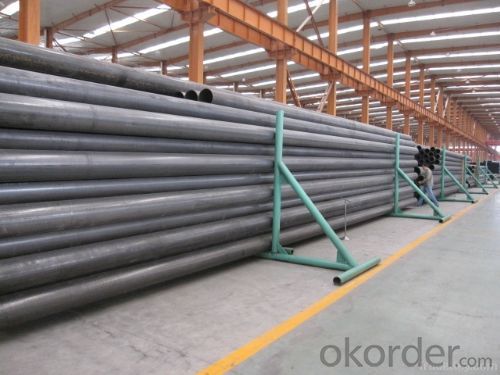
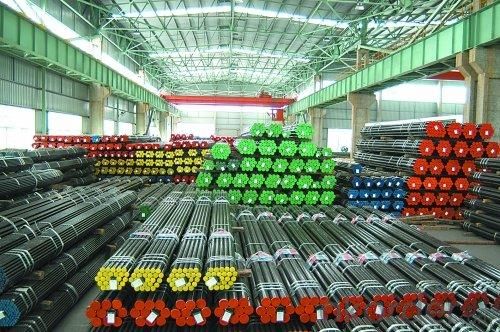
- Q: What is the difference between internal and external coating for steel pipes?
- Internal coating for steel pipes refers to the application of a protective layer on the inner surface of the pipe to prevent corrosion and increase durability. This coating is designed to withstand the flow of fluids or gases through the pipe, ensuring the integrity of the material and minimizing the risk of contamination. On the other hand, external coating for steel pipes involves applying a protective layer on the outer surface of the pipe to safeguard it from environmental factors such as moisture, chemicals, or mechanical damage. This coating acts as a barrier, shielding the pipe from corrosion and extending its lifespan. In summary, internal coating focuses on protecting the inner surface of the steel pipe, while external coating aims to safeguard the outer surface. Both coatings are crucial for ensuring the longevity and reliability of steel pipes in various applications.
- Q: What is the elasticity of steel pipes?
- Steel pipes exhibit elasticity, which allows them to undergo deformation when external forces are applied and regain their original shape once the force is no longer present. The high elasticity of steel pipes is well-known, as it enables them to endure different types of stress and strain without suffering permanent deformation. This characteristic is vital in situations where pipes experience pressure, bending, or other mechanical forces. The elasticity of steel pipes is determined by material properties like its Young's modulus, which quantifies its stiffness and capacity to resist deformation.
- Q: What are the different end finishes available for steel pipes?
- Steel pipes have various end finishes available, depending on the specific application and requirements. Some common options include: 1. Plain End: The simplest and most common type, where the pipe ends are cut square without any additional treatment or threading. 2. Beveled End: This involves an angled cut at the end of the pipe, typically at a 30-degree angle. It facilitates better welding and ensures a seamless transition between pipes. 3. Threaded End: These ends are useful for connecting pipes with other components using threaded fittings. The pipe ends are cut with external threads, allowing for easy assembly and disassembly. 4. Coupling End: Similar to threaded ends, coupling ends have internal threads. This enables pipes to be connected using couplings or connectors. 5. Grooved End: This type is commonly used in fire protection systems or other applications that require quick and easy installation. The pipe ends are grooved, and a coupling is used to connect and secure the pipes. 6. Flanged End: Flanged ends have a flat, wide surface with holes for bolts. They are used when the pipe needs to be connected to other components using flanges, such as in piping systems or equipment connections. Each of these end finishes serves a specific purpose and is chosen based on the application's requirements. The selection depends on factors like the desired type of connection, intended use of the pipe, and the applicable industry standards and regulations.
- Q: What is the weight and strength of steel pipes?
- The weight and strength of steel pipes can vary depending on the specific type and dimensions of the pipe. Steel pipes can range in weight from lightweight options used for plumbing purposes to heavy-duty pipes used in industrial applications. Similarly, the strength of steel pipes can vary, with factors such as the grade of steel and the manufacturing process influencing their strength. It is essential to consult specific specifications or industry standards to determine the weight and strength of a particular steel pipe.
- Q: Are steel pipes suitable for use in sewage treatment plants?
- Yes, steel pipes are suitable for use in sewage treatment plants. Steel pipes are durable, corrosion-resistant, and have a long lifespan, making them ideal for handling the harsh conditions and corrosive substances found in sewage systems. Additionally, steel pipes offer high strength and are capable of withstanding high-pressure flows, making them a reliable choice for sewage treatment plants.
- Q: What connections are there for concrete filled steel tubular column foundations?
- Strengthening ring joint is a more common in the construction of steel pipe concrete column construction, it is to beam column connection through the upper and lower plate reinforcing ring bending force transmission way is through two to strengthen the uniform arrangement between the rings radial ribs and rib structure to connect with the ring the pipe wall at the top of the plate, so as to transfer the shear stress, so as to strengthen the thickness and improve the quality of connection engineering advantage. In the process of engineering construction, according to the construction principle of longitudinal reinforcement of Deng Qiang to control, so that the smaller width of not less than the replacement of the width of the connecting plate 70%, also need to be given due attention in the form of node selection
- Q: Can steel pipes be used for sewage and wastewater systems?
- Yes, steel pipes can be used for sewage and wastewater systems. Steel pipes are durable, strong, and resistant to corrosion, making them suitable for transporting sewage and wastewater. They are commonly used in various industrial and municipal applications due to their ability to withstand high pressure and provide long-lasting performance.
- Q: What's the gate number of the precision steel pipe?
- This kind of steel tube and ordinary hot-rolled seamless steel pipe and cold drawn seamless steel tube in the outer surface is different from the outer surface, and the diameter of the smooth finish of precision steel tube, stainless steel color and the same, inside and outside surface due to manufacturing reasons with a layer of oil.
- Q: What are the different methods of joining steel pipes together?
- There are several methods of joining steel pipes together, including welding, threading, flange connection, and mechanical coupling.
- Q: What is the role of steel pipe manufacturers in sustainable development?
- The role of steel pipe manufacturers in sustainable development is crucial as they play a significant part in promoting environmentally-friendly practices. Steel is a highly recyclable material, and manufacturers can contribute to sustainable development by using recycled steel to produce pipes. Additionally, they can implement energy-efficient production processes, reduce waste generation, and adopt responsible sourcing practices. By prioritizing sustainability, steel pipe manufacturers can minimize their environmental impact and contribute to the overall goal of achieving a more sustainable future.
Send your message to us
Welded Steel Water Pipe Water Steel Pipe
- Loading Port:
- Tianjin
- Payment Terms:
- TT OR LC
- Min Order Qty:
- 25 m.t.
- Supply Capability:
- 6700 m.t./month
OKorder Service Pledge
OKorder Financial Service
Similar products
Hot products
Hot Searches
Related keywords
